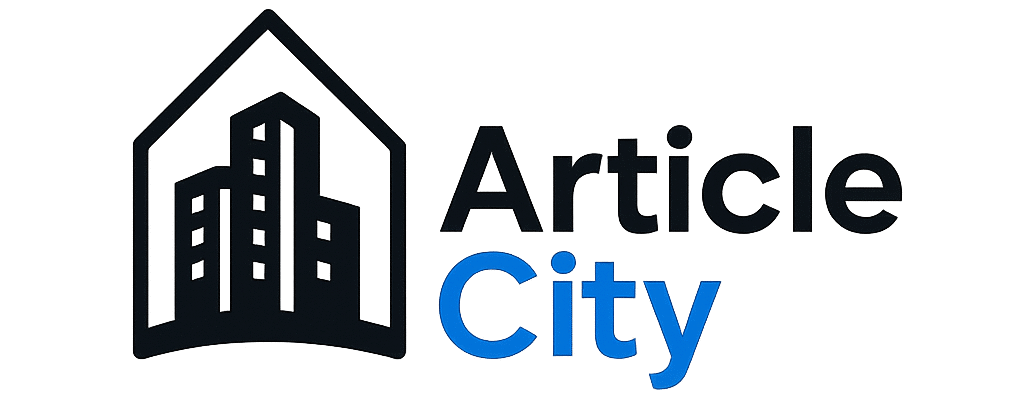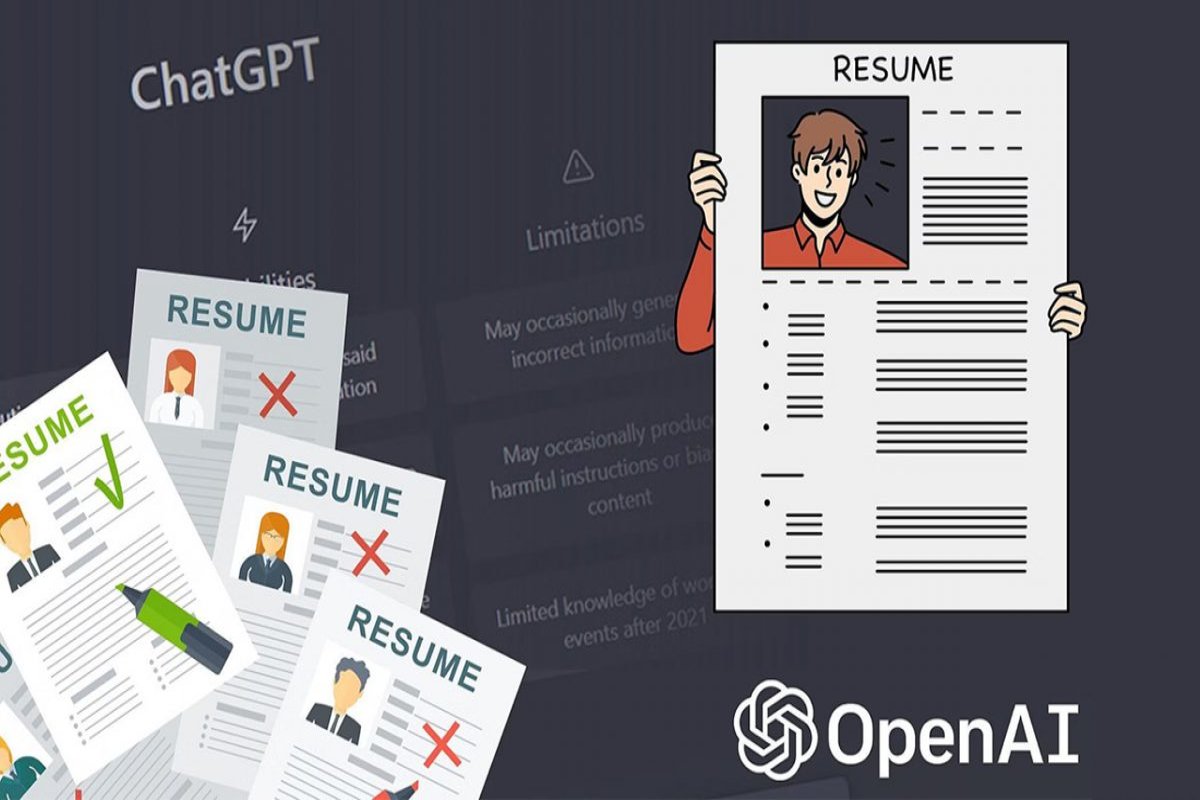ChatGPT Roasted
Let me start by saying this: I didn’t expect a chatbot to humble me like a disappointed career counselor, but here we are.
A few weeks ago, I decided to use ChatGPT to polish up my resume. You know, just a quick touch-up before applying for new jobs. I figured it’d help me sound more professional and confident. Instead, it basically told me that my resume looked like I was still emotionally stuck in 2015.
Yeah… roasted.
The Wake-Up Call I Didn’t Know I Needed
At first, I laughed. Then I stared at my screen a little too long, wondering how an AI could see what I’d been ignoring for years, how safe and small I’d been playing my career.
ChatGPT didn’t say it in those exact words, of course. But between the lines of Consider rewording this outdated job description” and “You might want to show more measurable results, I heard: You’ve been coasting, haven’t you?
And honestly? It was right.
I had the same bullet points, the same generic team player with excellent communication skills nonsense, and no hint of who I actually was or what made me stand out. It wasn’t a resume, it was a list of safe choices wrapped in polite formatting.
When AI Becomes Your Unexpected Life Coach
Here’s the funny thing: ChatGPT wasn’t just critiquing my writing. It was holding up a mirror.
It made me realize how often we recycle old versions of ourselves because it’s easier than starting fresh. I’d been reusing that resume for years with only minor tweaks like changing the font and pretending that counted as growth.
When the AI started suggesting lines like, Highlight your impact through data-driven examples, I paused.
Impact? I couldn’t even remember the last time I felt impactful at work.
That’s when it hit me: I wasn’t just updating a document; I was confronting a version of myself I’d outgrown.
The Ego Check
If you’ve ever had someone call out your professional stagnation, you know it stings. But it also lights a fire.
I spent the next few days rewriting everything from scratch. I stopped trying to sound like a perfect candidate and started writing like a real person, someone who’s learned, failed, pivoted, and still shows up.
And the difference? Night and day.
Instead of writing,
Responsible for managing digital campaigns to improve engagement,
I wrote,
Built social media campaigns that actually got people talking and not in the cringe corporate way.
Suddenly, my resume sounded alive. Authentic. Me.
What ChatGPT Taught Me
1. Your career story deserves honesty.
Stop hiding behind fancy verbs and corporate clichés. Recruiters can smell inauthenticity from a mile away.
2. Growth means letting go of your old self.
The version of you who wrote your last resume might not be who you are now, and that’s a good thing.
3. AI isn’t here to replace you, it’s here to challenge you.
ChatGPT didn’t tell me what to *become*; it just nudged me to notice where I’d stopped growing.
4. Self-awareness beats perfection.
You can have the most polished resume in the world, but if it doesn’t reflect your current reality, it’s just fluff.
The Roast That Sparked a Reset
By the end of it, I realized that ChatGPT hadn’t just fixed my resume, it had kind of fixed my perspective.
And if you’ve been sitting on the same tired resume, afraid to admit you’ve changed or grown, maybe it’s time for your own roast session.
Because sometimes, the best advice doesn’t come sugar-coated.
Sometimes, it comes from an AI that politely tells you your life choices need a little… reformatting.
Final Thought
If ChatGPT Roasted ever roasts your work, don’t take it personally. Take it as a sign you’re ready to evolve.
After all, a little digital tough love never hurt anyone; it might even get you your next big break.

